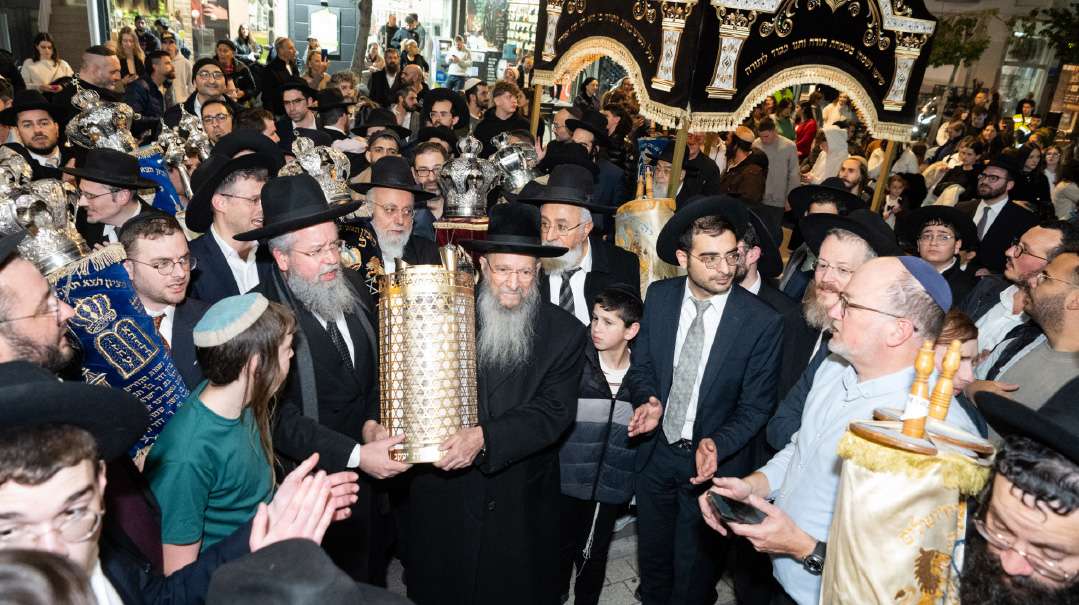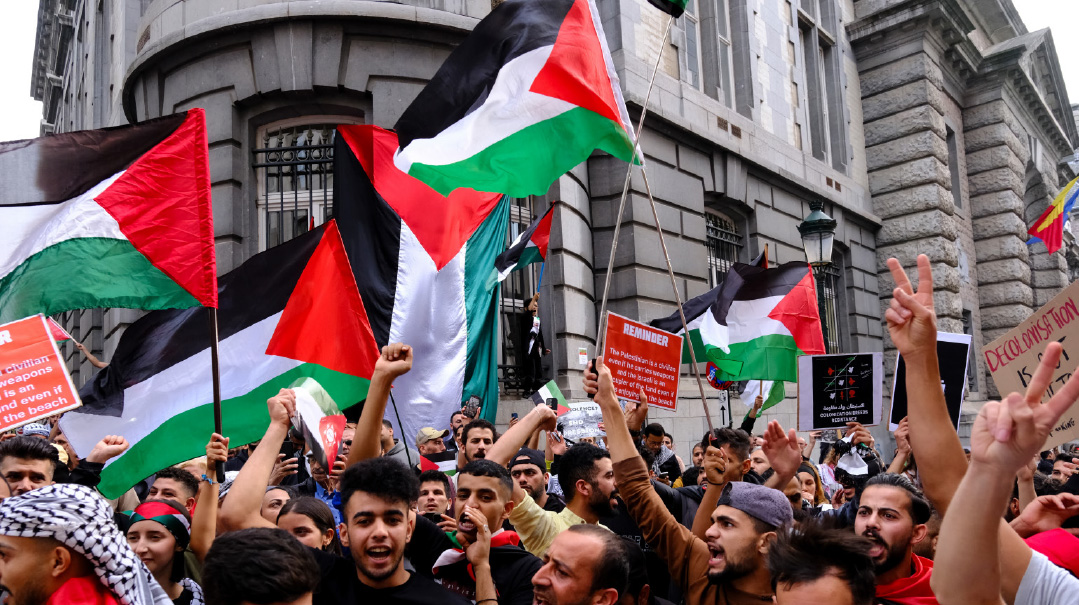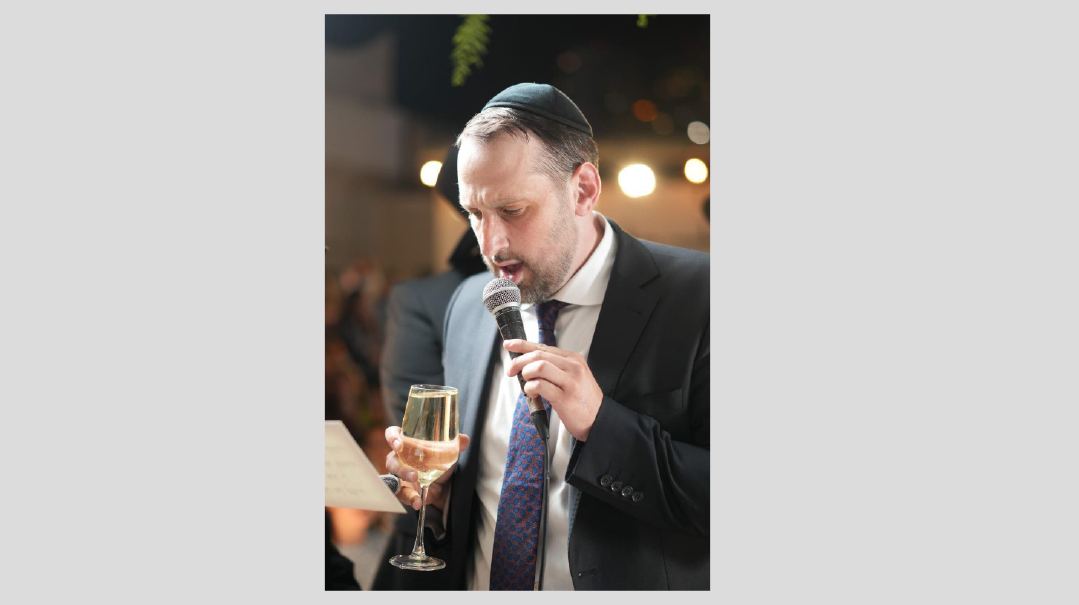We Need a Covid Postmortem

As pandemic recedes, we need to talk Covid
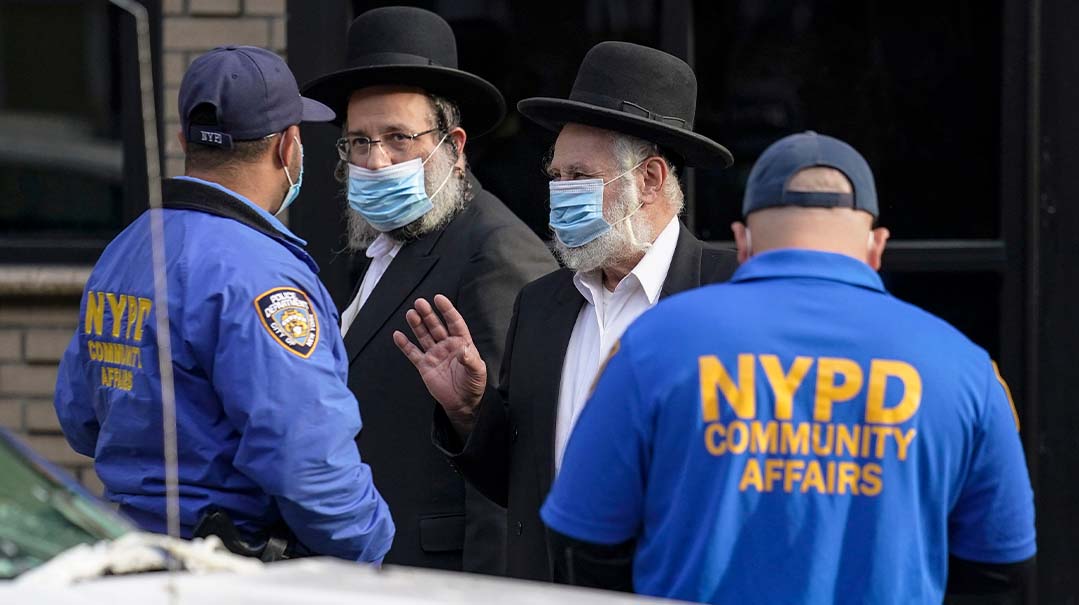
Here’s a sociological observation: For many people, talking about Covid has become a bit like discussing a scab. Some treat the virus as an unpleasant irritation — any mention of which is socially off — while others pick at the subject with morbid fascination.
So even though it remains a deadly disease, as restrictions are rolled back, there’s a temptation to dismiss further talk about Covid as liberal hand-wringing.
Especially for our community, that’s wrong. Firstly, because for the many people from our shuls and neighborhoods who died, dismissing the whole emergency as governments over-reacting to a flu is callous — a slap in the face.
But there’s something else that the dismissive reaction misses: it’s that the last two years have lit giant warning beacons about our relationship with wider society.
In short, Covid has asked us to decide: What happens when government policy is totally at odds with our lives as frum communities?
Let me explain. Now that the zeitgeist has turned decisively against Covid restrictions, it’s hard to remember that a year ago, “Orthodox Jews” became shorthand for Covid rule-breaking from Israel to New York.
In one example from January 2021, outlets as diverse as the BBC, Al Jazeera, and India’s NDTV reported on a 400-person wedding (it was actually 150 people) in chareidi Stamford Hill, London.
Due to the sensitivity of the issue back then, we couldn’t cover the underground chasunahs. But with Boris Johnson’s political fate now hinging on a police report into illegal parties early last year, that has changed: Now we know that even those who passed the laws felt compelled to break them. There’s growing acknowledgment that the laws were too draconian to be realistic.
So why should we worry about a problem that is thankfully behind us? Because the issues those months raised — of how to manage a major clash of values with a wider secular society — will define the Jewish future in secular societies.
What happened in the UK was that for the first time in living memory, observance of a non-negotiable part of Jewish life — young couples getting married — became almost impossible.
And then a scary thing happened. It became clear that there was almost nothing that community representatives could do. The establishment Jewish leadership was unwilling to die on the hilltop of religious weddings.
Government policy was made for a largely secular society where marriage is a luxury, and policy makers wouldn’t hear of special pleading from a religious minority.
It wasn’t just Britain and weddings. In Israel and New York, policies mandating social distancing proved intolerable for large families in small apartments. When Covid weariness set in, the media pounced. So from Melbourne to Monroe, a caricature of “ultra-Orthodox” rule-breakers took hold.
Given the strength of opposition now evident, it’s unlikely that the US and Britain will experience lockdown again (the rest of Europe is another story).
But the increasing gulf between our values and those of mainstream society means that the dilemma above — of policy made for secular societies with no opt-out for religious minorities — is here to stay.
That’s why we as a community need a postmortem on the way that we handled these difficult events. These are some of the questions that need answers: How do Torah communities — be they in the US, Israel, or the UK — explain their way of life better to decision makers to avoid these clashes? And failing that effort, is there sufficient sensitivity to how our communities are perceived to ensure that we don’t open global news bulletins?
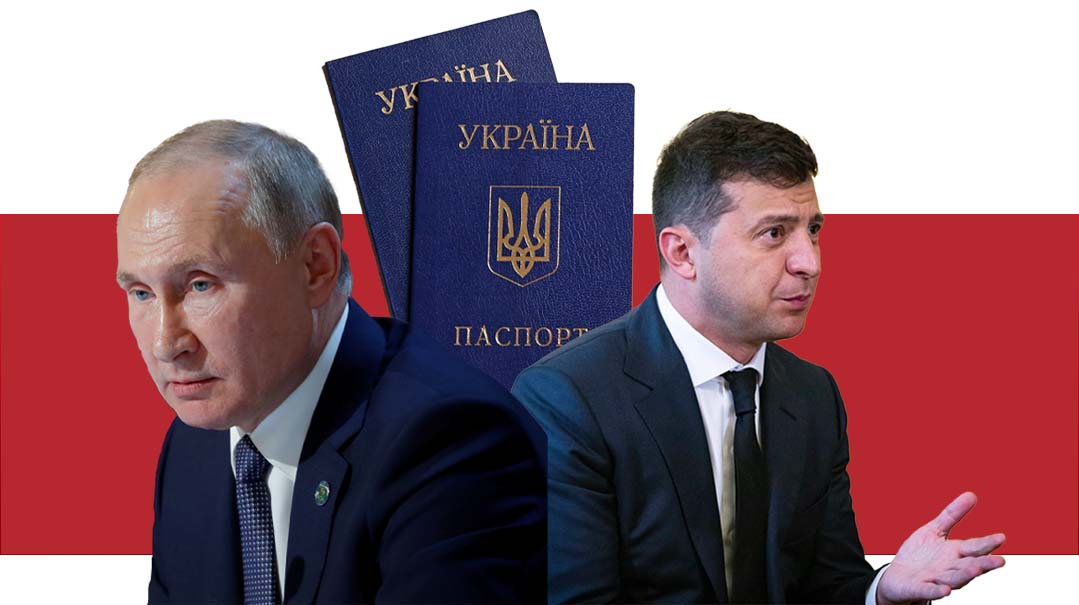
Ukraine's Fate
War Clouds
As Russia’s menacing military buildup on Ukraine’s borders continues to dominate the news, there’s one historical fact that has escaped notice.
If Putin’s forces invade, then comedian-turned-president Volodymyr Zelensky would be the first Jewish war leader (outside Israel) since the Middle Ages.
The last time that happened was under Rabbi Shmuel HaNagid, a towering 11th-century figure who was both vizier and top general in the Muslim kingdom of Granada, and an early Rishon whose work is printed in Gemara Berachos.
What Zelensky’s own rise says about Jewish life in the historically anti-Semitic Ukraine was the subject of interest around his election in 2019.
But to the country’s Jewish community — estimated at anywhere between 56,000 and 140,000 — there are more pressing concerns than that historic animosity.
More urgently, will the 100,000 Russian troops seek to upend the post-Soviet order by going for Ukraine’s jugular? And how will Jewish life fare as conflict returns?
Stateless
It speaks to local Jewish leaders’ prudence that almost to a man, they’ve refused to comment on the security situation. But an off-the-record talk last week with one figure from Ukraine’s east — which is in the direct firing line — proved enlightening.
“There’s no feeling of panic and few overt signs of preparation for war,” he said, “except for increased security at checkpoints at the edge of the city and around strategic sites.”
Pressed whether his community would flee west if invaded, he added something interesting. “Our fear is not necessarily the Russians but being left stateless. In Donetsk and Luhansk, the two regions that the Russians invaded in 2014, you can’t use banks or get education that is accredited in Ukraine, and there’s no investment, because neither the Kiev government nor the West recognize these places.”
Does Putin Bluff?
While Zelensky has been notably sanguine about the chances of an invasion — partly because of the economic costs of sounding the alarm — Joe Biden is reportedly convinced that war is imminent. So, what is he actually doing about it? Both Britain and the US have shipped significant numbers of anti-tank rockets that could give Russian generals pause. But so far the portable anti-aircraft systems that could take on the Kremlin’s air power have been lacking.
Biden seems to hope that he can deter Putin without going all in on Ukraine’s side in a conflict that would distract from the administration’s domestic agenda. But if Afghanistan has taught the president one thing, it’s that the American public doesn’t forgive foreign-policy humiliations.
Left Turn
The question is, does Biden care about American public opinion beyond the Democratic core? Not long ago, that would have been a ridiculous question to ask about moderate Joe from Scranton. But it’s now clear that the centrist in Biden is no longer; his pledge to nominate a black woman to take Justice Breyer’s SCOTUS seat is only the latest in a series of gestures to the progressive wing of the Democratic Party.
That, despite a new ABC/Ipsos poll showing that 76% of Americans think that the selection criteria shouldn’t be limited to the above. But as Biden said of his waning public standing last month, “I don’t believe the polls.”
(Originally featured in Mishpacha, Issue 897)
Oops! We could not locate your form.
